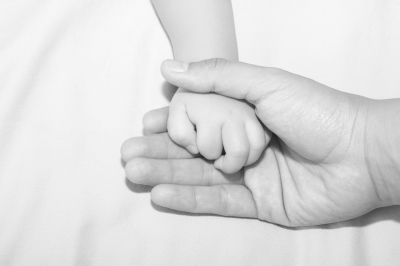To be honest, the Fast and Furious series doesn’t do much for me. I am not what you’d call a “Car Guy.” So when I first heard of Paul Walker’s passing, I was surprised how much it struck me in a personal way.
Before I’m accused of being a poser, here’s some back story. In college a film critic friend asked me to do phone interviews in his stead. I nervously agreed, and among the interviewees was none other than Paul Walker. I don’t remember which Fast and Furious film he was plugging because we only spent about two of our fifteen minute mano-y-mano conversation talking about it.
I won’t go into detail—to be honest some of it is a blur of nervous excitement—but Walker mostly talked about his family. One thing I remember clearly is that he repeated how, above all, he wanted to be known as a “good guy”—to make his family proud.
Then he asked about my family. And he kept asking.
After listening and asking and listening and asking, Walker said I seemed like the kind of guy he’d like to hang out with, “get a drink or something.” Nevermind that he may have said that to any college-aged interviewer. Nevermind that we were thousands of miles apart. I was a nobody college kid who he made feel like a close friend.
I can’t help but think a Hollywood star had better things to do. Walker could easily have cashed in the entire conversation. It would have been understandable, even expected. After all, I was a twenty-one-year-old stand-in interviewer from a D3 college. I wasn’t going to help his career. He certainly couldn’t have imagined how greatly I would further his star by blogging about our conversation ten years later. But it struck me then as it strikes me now that he was just being what he hoped to be remembered for. He was being a good guy.
Over the years, as I watched him play the same likeable guy that he seemed to be in life, I’ve thought about our conversation, how what he wanted to be remembered for was what he used his time to live out. Now, in light of his premature passing, I’m asking some questions of myself: Are people seeing goodness in me? Do I invest in others with no hope of gain? Am I living out what I want to be remembered for?
I want to answer “Yes,” but I’m afraid it’s premature. I have, I hope, plenty of time to make the answer stick. Still, we never know which moment—or fifteen minutes—will leave a lasting impression.










